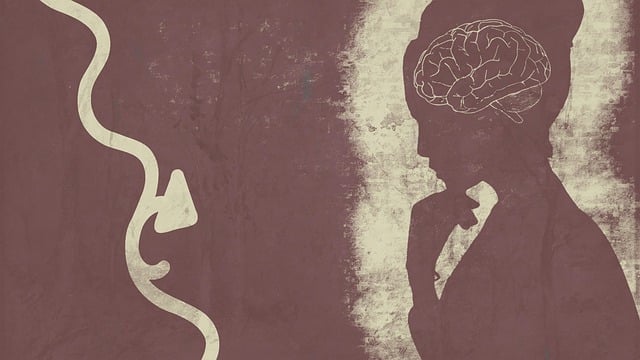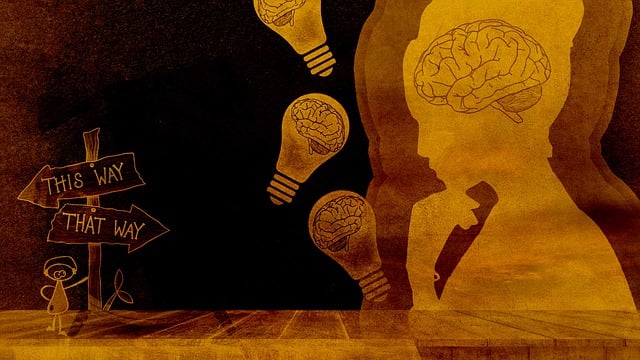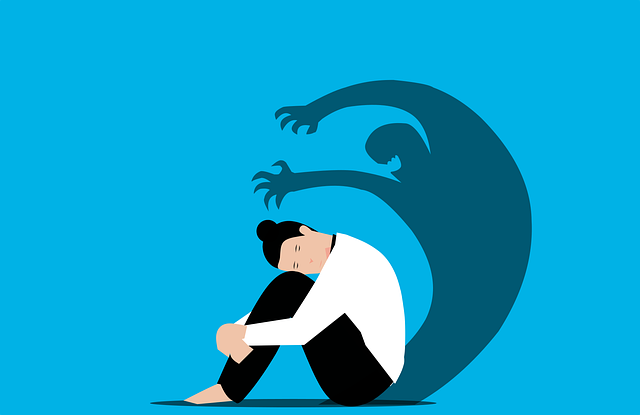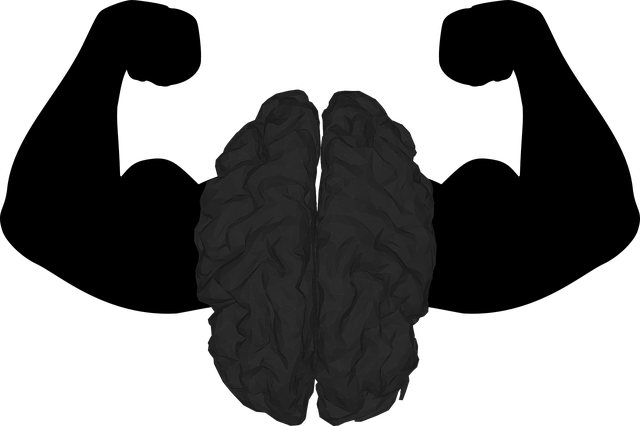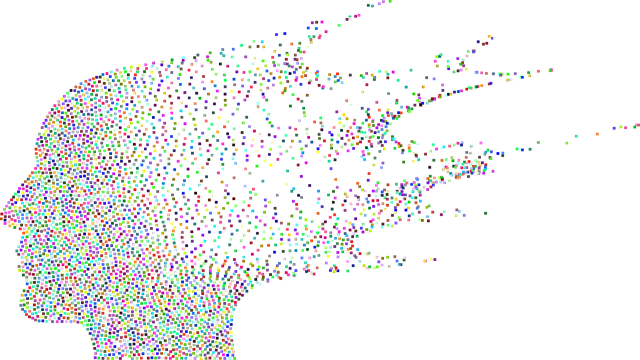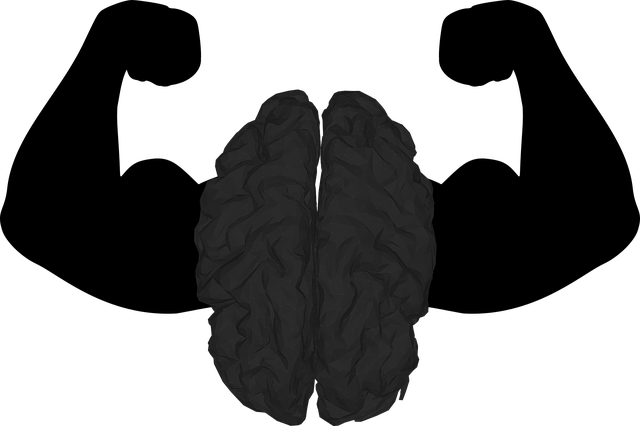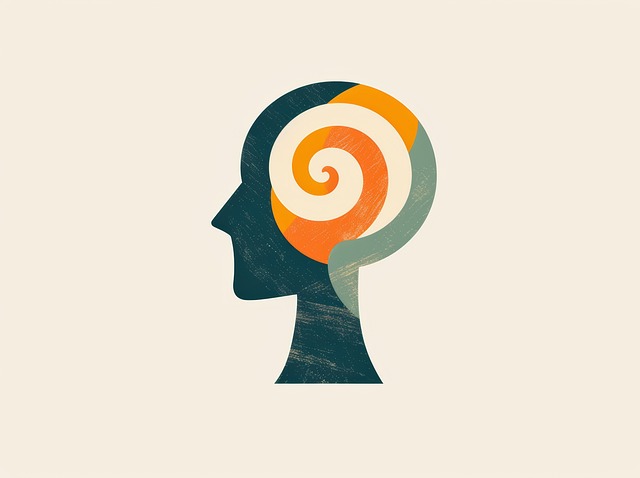Mental illness stigma, driven by societal misconceptions and fear, leads to discrimination and hinders access to services like Lafayette Parenting Skills Therapy (LPST). Caused by media portrayals and cultural narratives, it's addressed through training healthcare providers on cultural competency, promoting coping skills development, and encouraging self-awareness exercises. LPST tackles stigma through education, integrating mental wellness coaching into schools and communities. Their initiatives humanize mental health experiences, normalizing help-seeking and fostering empathy. By empowering parents with tools to support their children's emotional healing and promoting open dialogue, LPST contributes to a cultural shift that reduces stigma and promotes community support for mental illness.
Mental illness stigma remains a significant barrier to recovery, yet reduction efforts are gaining momentum. This article explores comprehensive strategies to combat this pervasive issue. We delve into the root causes and profound impact of mental illness stigma, highlighting its detrimental effects on individuals and society. Key tactics include education, empowering support systems, and innovative approaches like Lafayette Parenting Skills Therapy. Additionally, effective communication strategies are presented to foster understanding and break down barriers.
- Understanding Mental Illness Stigma: Causes and Impact
- The Role of Education in Reducing Stigma
- Empowering Support Systems: Family and Community
- Lafayette Parenting Skills Therapy: A Proactive Approach
- Effective Communication Strategies to Break Barriers
Understanding Mental Illness Stigma: Causes and Impact

Mental illness stigma is a complex issue deeply rooted in societal perceptions and cultural norms. It arises from misconceptions and fears surrounding mental health conditions, often leading to discrimination and marginalization of individuals affected. This stigmatization has far-reaching consequences, affecting not only the mental well-being of the person but also their social integration and access to essential services like Lafayette Parenting Skills Therapy. Many people struggling with mental illness internalize these negative perceptions, impacting their self-esteem and willingness to seek help from healthcare providers.
The causes of stigma are multifaceted. It can stem from a lack of understanding about mental health disorders, influenced by media portrayal and cultural narratives that often depict such conditions as a personal weakness or moral failing. Moreover, the vulnerability associated with sharing personal struggles can make individuals reluctant to discuss their mental health status openly. To combat this, efforts focus on enhancing cultural competency training for healthcare providers, promoting coping skills development, and encouraging self-awareness exercises that foster empathy and accurate understanding of mental illness.
The Role of Education in Reducing Stigma

Education plays a pivotal role in reducing the stigma surrounding mental illness. By integrating mental wellness coaching programs into schools and communities, individuals are equipped with a deeper understanding of various mental health conditions, their causes, and effective conflict resolution techniques. This knowledge dismantles myths and misconceptions, fostering an environment where people feel more comfortable seeking help without fear of judgment or discrimination.
Lafayette Parenting Skills Therapy has been instrumental in developing public awareness campaigns that promote empathy and support for those struggling with mental illness. These campaigns highlight the humanizing aspects of mental health experiences, encouraging open conversations and normalizing discussions around therapy and treatment options. Through education, communities can move towards a more compassionate and inclusive society where individuals are supported rather than stigmatized.
Empowering Support Systems: Family and Community

In reducing the stigma surrounding mental illness, one of the most powerful tools is fostering supportive systems within families and communities. This begins with education—informing loved ones about various mental health conditions, their symptoms, and treatment options. At Lafayette Parenting Skills Therapy, for instance, professionals offer guidance to parents on how best to support children struggling with mental health issues, breaking down barriers and promoting understanding.
Community initiatives like support groups, awareness campaigns, and open dialogues also play a significant role in stigma reduction. Encouraging open conversations about mental health can normalize these experiences, leading to increased empathy and reduced judgment. Moreover, integrating coping skills development and stress reduction methods into community programs equips individuals with effective tools for managing their mental well-being, creating a more supportive environment overall. This collective effort not only lessens the stigma but also empowers individuals to seek help without fear of isolation or discrimination.
Lafayette Parenting Skills Therapy: A Proactive Approach

Lafayette Parenting Skills Therapy takes a proactive approach to mental illness stigma reduction by focusing on empowering parents with the tools needed to support their children’s emotional healing processes. Through tailored sessions, therapists guide parents in implementing effective empathy building strategies that foster open communication and reduce judgment. By equipping families with crisis intervention guidance, this therapy aims to normalize conversations around mental health, creating a safer space for honest discussions.
This innovative program recognizes the significant role parents play in their children’s mental well-being. By teaching them how to navigate challenging situations with empathy and understanding, Lafayette Parenting Skills Therapy fosters a supportive environment where everyone can heal and grow. This proactive approach not only benefits individual families but also contributes to a broader culture shift, reducing stigma and promoting community support for mental illness.
Effective Communication Strategies to Break Barriers

Effective communication plays a pivotal role in reducing the stigma surrounding mental illness. Encouraging open dialogue about mental health issues in communities, schools, and workplaces can help foster understanding and empathy. At Lafayette Parenting Skills Therapy, professionals utilize various strategies to break down barriers. This includes normalizing conversations about mental health, educating people on the scientific basis of mental disorders, and sharing personal stories to humanize the experience. By integrating these approaches, the therapy center aims to create a supportive environment where individuals feel comfortable seeking help without fear of judgment or discrimination.
Additionally, promoting self-care practices is essential in stigma reduction efforts. Encouraging open conversations about anxiety relief and other mental health challenges can normalize these experiences, prompting people to prioritize their well-being. Community outreach program implementation also plays a significant role by bringing mental health services directly to affected individuals, breaking down geographical barriers, and ensuring accessibility. Through collaborative efforts, Lafayette Parenting Skills Therapy strives to create a more inclusive society where everyone feels empowered to seek support for their mental health.
Mental illness stigma is a complex issue, but through education, supportive communities, and proactive initiatives like Lafayette Parenting Skills Therapy, we can make significant strides in fostering understanding. By implementing effective communication strategies, we break down barriers and create an environment where individuals with mental health challenges feel empowered and supported. These collective efforts are crucial in reducing stigma and ensuring everyone receives the help they need.

